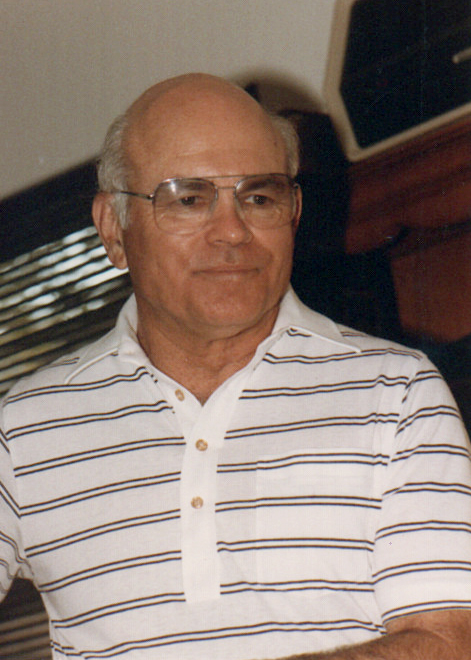A longing thirty years on from the death of my father. Photo by Gloria Smith.
I am looking at a photograph of my dad taken around 1991, give or take three years. He would have been in his late sixties, maybe 70 years old. There wasn’t much after that. Pancreatic cancer got him and killed him quick a few months after his 71st birthday. He died in February of 1994.
Following the grim diagnosis, he should have been made as comfortable as possible for his remaining very few weeks. Instead, he chose to participate in treatment tests so that others might benefit. That was so him, so Greatest Generation.
Usually, I display military pictures of him around Veteran’s Day or Memorial Day, and sentimental photos of him on Father’s day. In almost all of these, he is smiling, which he did easily and often. This Father’s Day, when I found this photo, I stopped digging. In his introspective, thoughtful face, I saw my own demise.
I am now three years older than he was at his death and a summer cold has created a harrowing time for me. A giant gray cat of pain, fatigue, and gnarly symptoms sprawls across my body as the virus attenuates the already hard enough side effects of my cancer medicine. It crushes my ability to push through them.
Barely able to move or eat, I apologize to my wife for being a pitiful blob. She will hear none of it.
She knows—I know—that I will shed the the giant cat. I will regain energy. I will feel pretty good again. I will probably not die of my cancer.
Which is why I set out this photo; which is why I wrote this story.
Despite the futility of this longing, I desperately want what is true for me to have been true for him: that he would have had the opportunity these last 30 years to quietly revel in the blessings he gave this world via his children, grandchildren, and great-grandchildren; that he would have continued to grace us with his very living.
